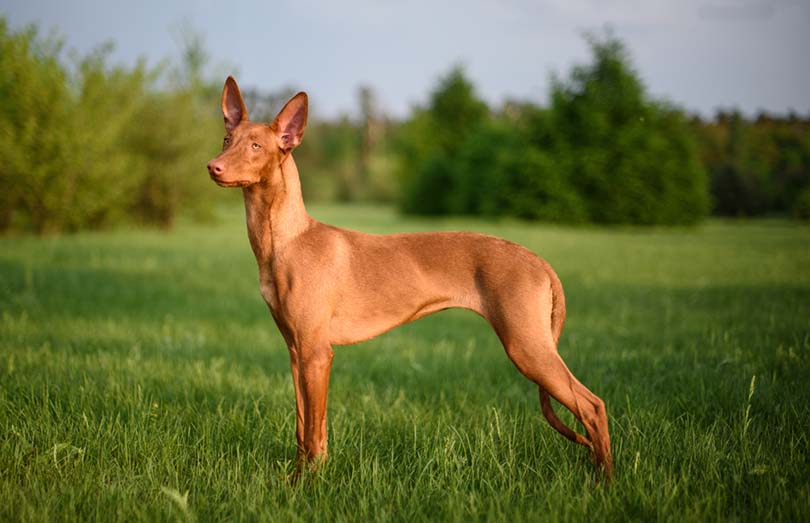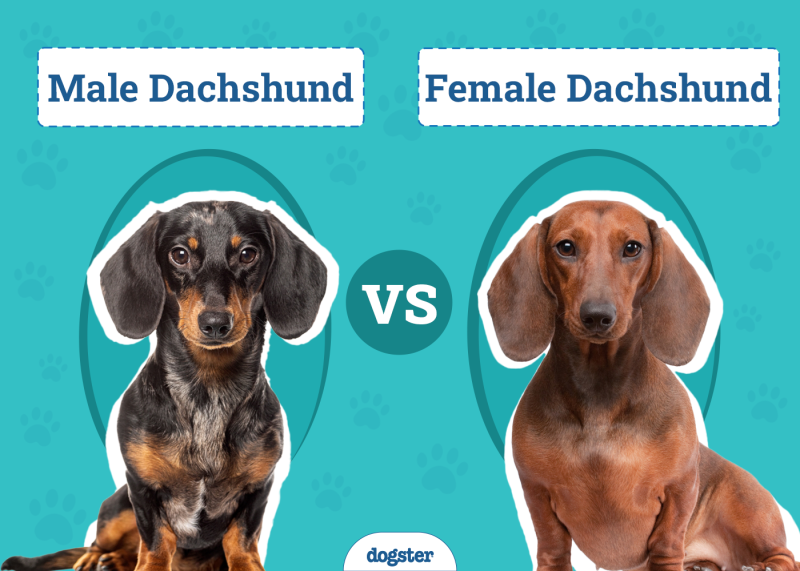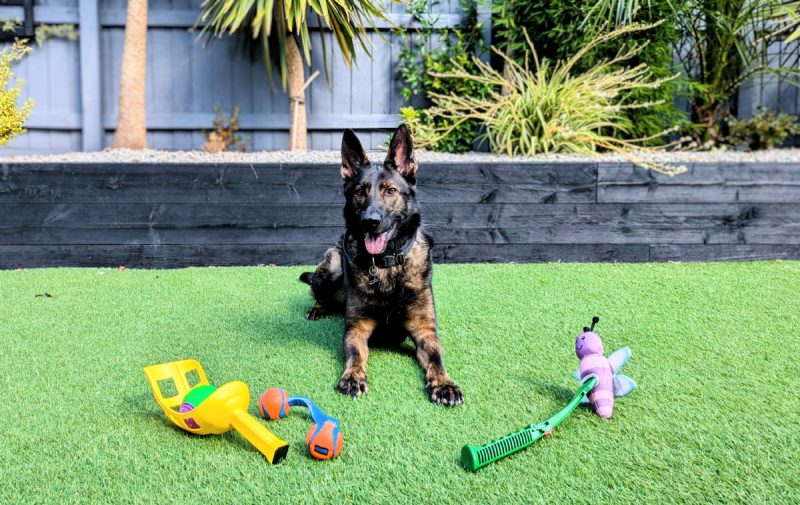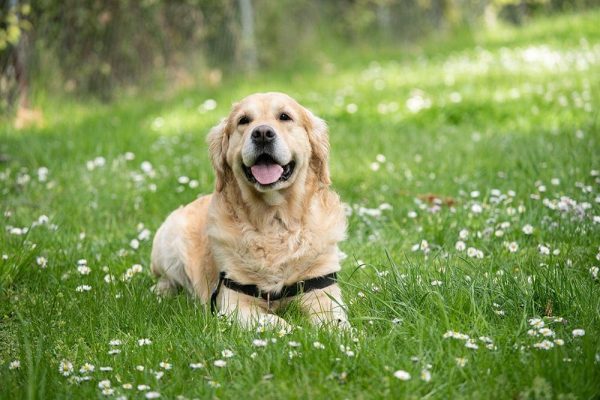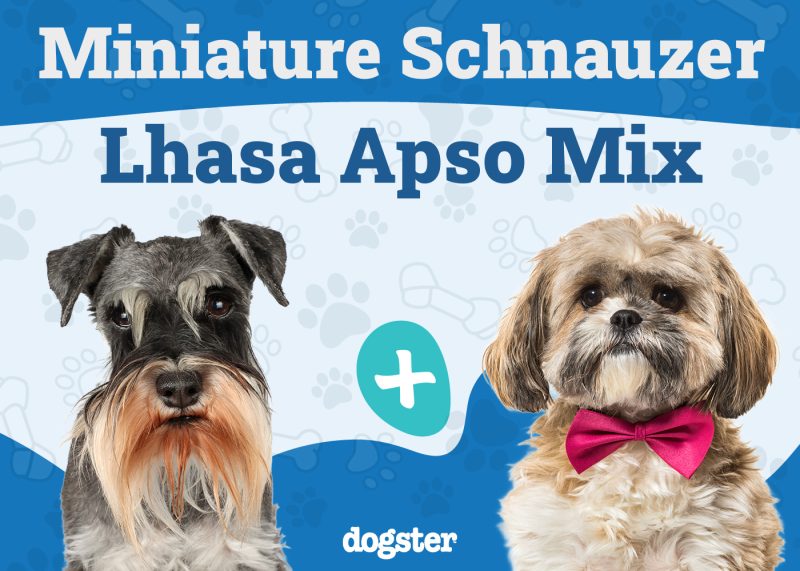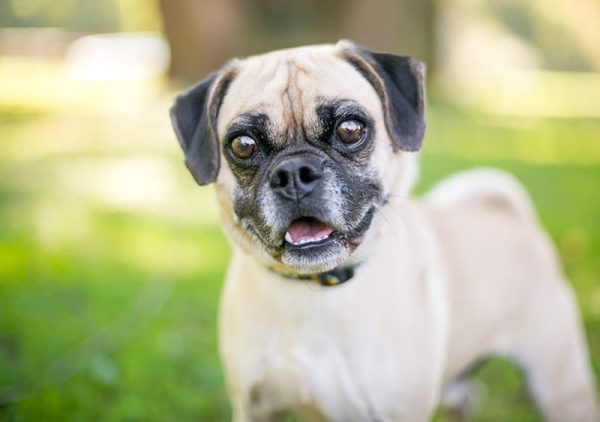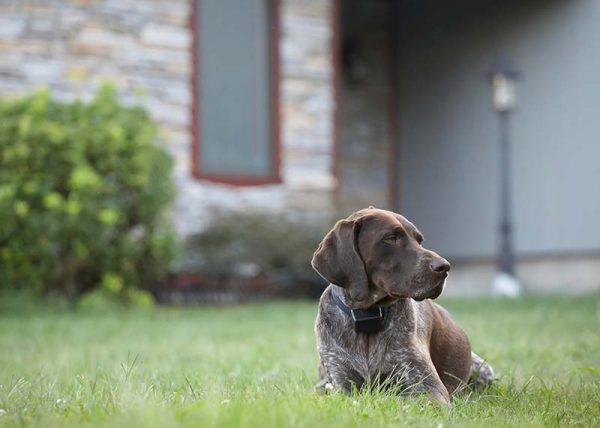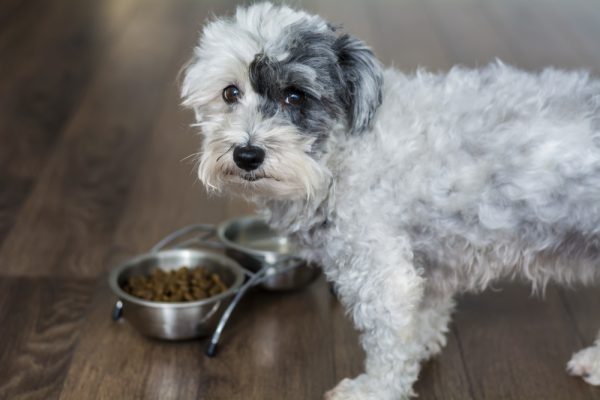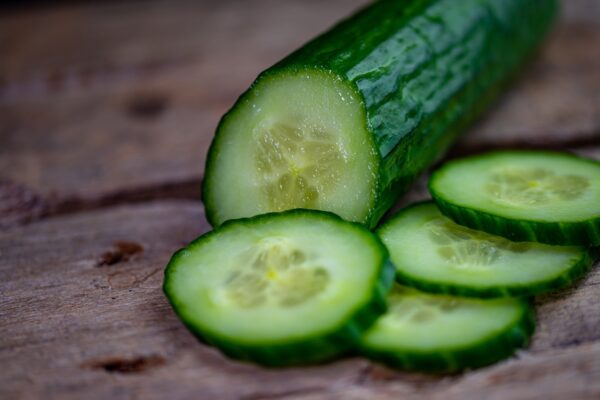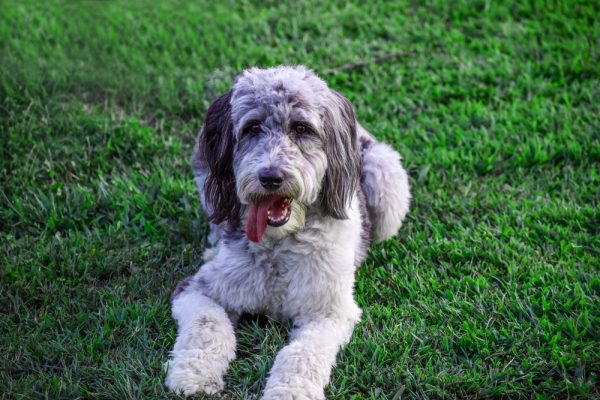In this article
View 8 More +The Pharaoh Hound is a very old dog breed originating from Malta. They’re considered one of the oldest domesticated dog breeds in the world, potentially even dating back over 5,000 years.
They’re known as the Kelb tal-Fenek, which translates to “rabbit dog.” As you might guess, they were traditionally bred to hunt rabbits over the rocky terrain of the islands of Malta. On top of their hunting prowess, these dogs are also known for being loyal and affectionate companions.
Breed Overview
Height:
21–25 inches
Weight:
45–55 pounds
Lifespan:
11–13 years
Colors:
Reddish brown
Suitable for:
Active families and experienced dog owners
Temperament:
Gentle, affectionate, playful
Pharaoh hounds are a very old, purebred canine. They’re often described as gentle and affectionate, making them great companion dogs for the right family. They can also be very intelligent, though they’re often independent. This intelligence doesn’t always carry over to obedience training.
These dogs are also very active. They were bred as hunting dogs for thousands of years, so they aren’t the best dogs for more laidback families.
Pharaoh Hound Characteristics

Pharaoh Hound Puppies
Pharaoh Hound puppies are very playful and exciting. They’re exceptionally curious and love to explore. It’s important that your home is puppy-proofed to prevent them from getting into anything they shouldn’t. Their independence also requires consistent training and socialization. Otherwise, they may become aggressive.
Their eagerness to please can make them receptive to training, but they won’t always listen due to their independence. We recommend starting training early to make up for this.
Finding one of these puppies can be challenging. They aren’t very common, though breeders still exist. They often have long waiting lists, and you may have to travel a bit. Look for breeders who participate in dog shows and other events, as these breeders are often focused on creating good puppies, not just making money. Research your breeder carefully to ensure you’re getting a well-socialized puppy.
Pharaoh Hound Origin & History
Pharaoh Hounds are an ancient breed. Originally, it was thought that they came from Egypt, as some Egyptian tomb paintings show pharaoh-hound-like dogs. However, modern DNA technology shows a different story. Instead, these dogs likely developed in Malta—not Egypt. It’s likely that the Phoenician traders brought dogs from Egypt to Malta, where isolation led to their developing into a distinct breed.
So, in a roundabout way, these dogs are from Egypt. However, they have likely been in Malta for hundreds of years, and it’s there they developed into the dogs we know today.
While these dogs are very old, they didn’t start leaving Malta until the 1930s. Efforts in the 1950s and 1960s brought them to Europe and America, where they were finally recognized as a distinct breed.
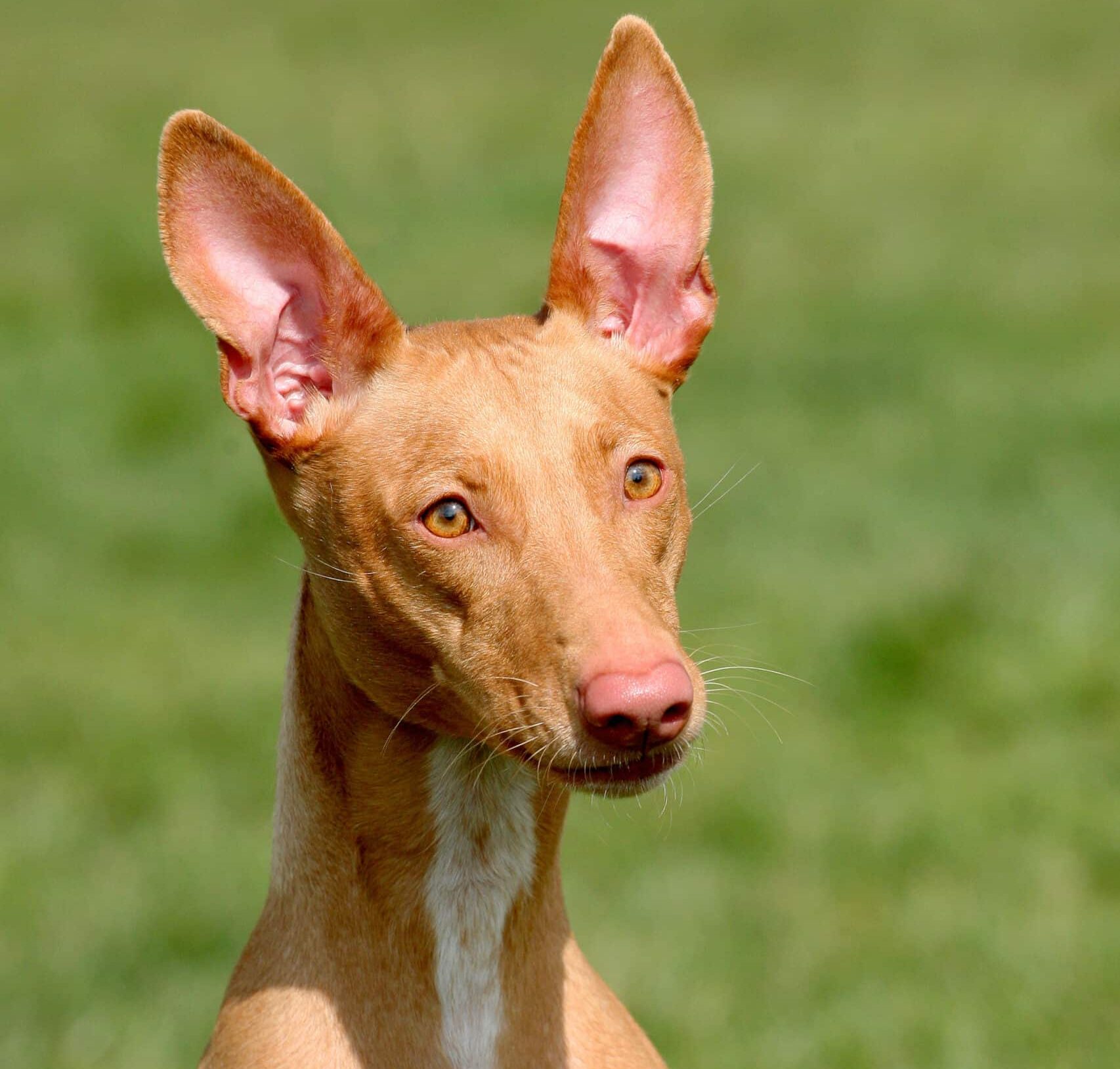

Temperament & Intelligence of the Pharaoh Hound 🧠
These dogs are known for their love of family and playful spirit. They enjoy spending as much time with their humans as possible, and they’ll happily participate in any family activities. This can make them great companion pets, but it also means that they don’t always do well alone. They like to be involved.
Undoubtedly smart, Pharaoh Hounds can learn commands quickly. However, their independent streak can make them stubborn at times. You really need their buy-in for training, so keeping things fun is important. Incorporating games and playtime into training can help keep them interested and learning.
These hounds aren’t pushovers. They can be willful and require an experienced owner. We don’t recommend them for new dog owners, as their intelligence allows them to see through training regimens and skirt boundaries.
Are These Dogs Good for Families? 👪
Pharaoh Hounds can be great with families. They love to play with their humans, making them great companions for active children. They’re also fairly gentle, but supervision is recommended. Young children may not understand how to interact gently with dogs, and supervision is important to prevent accidents.
These dogs are also intelligent, allowing them to be trained well. However, this training can be a bit more challenging than your average dog due to their independence streak.
That said, these dogs are very energetic and they need plenty of exercise. Therefore, they work best for families who are active and outdoorsy, providing the stimulation these dogs crave. For more laidback families, these dogs probably aren’t suitable.
Does This Breed Get Along with Other Pets? 🐶 😽
Pharaoh Hounds are generally social creatures and tend to get along well with dogs, especially when raised around them. However, socialization is recommended. You should also consider placing them with more active dogs, as pharaoh hounds are extremely playful. They can easily annoy more laid back dogs.
Having these dogs around cats is more of a mixed bag, though. They have a strong prey drive, making them a potential threat to smaller pets like cats. If they’re raised together from a young age, they can learn to coexist with felines. However, this is often hit-or-miss.
If you want your dog to get along with cats, supervision and socialization are very important. Pharaoh Hounds need to be introduced to cats from a very young age. Otherwise, they will see them as prey animals and chase them.

Things to Know When Owning a Pharaoh Hound:
Food & Diet Requirements 🦴
Pharaoh Hounds thrive on a diet that caters to their energetic lifestyle. These dogs are incredibly lean, and they need food to support their muscles. Luckily, you can find many commercial dog foods that do just this. As active dogs, you may need to choose a commercial formula designed for athletic or active dogs. Often, these diets contain more protein and calories, which is vital to keep these dogs energized.
Healthy fats are important, too, of course. Omega fatty acids can support your dog’s joints, which may take more strain than most due to their active nature.
Keeping your dog’s weight correct should be your primary concern. Keep an eye on their body condition. If they seem to be underweight, you may need to increase their caloric intake (or switch to an athletic dog food). If they are overweight, you’ll need to switch to a weight-management dog food formula. Your vet can help determine if your dog is at the correct weight.
These dogs are often food-driven, and their activity level can give them an appetite. Therefore, we recommend being careful with portion control. Otherwise, they can quickly become overweight, leading to all sorts of potential health problems. Use treats only in moderation, and select healthy options whenever possible.
Keep your dog’s age in mind, too. Puppies have different nutritional needs than adults. Therefore, we recommend feeding them food designed explicitly for puppies. Once they stop growing, you can switch them to adult food.
Exercise 🐕
Pharaoh Hounds are athletic dogs with a high prey drive. Exercise is non-negotiable for anyone who owns one. You should aim for at least 2 hours of exercise daily. Because these dogs excel at running, they should have access to a securely fenced-in area where they can safely run. Even if you don’t have a fenced-in yard, a dog park can perform a similar role.
Pharaoh Hounds are also very intelligent, so they need mental stimulation, too. They can quickly become bored. Engage them with interactive toys and puzzle feeders. Dog training sessions can help keep their mind sharp, but they often need them to be a bit more interesting to stay engaged. Despite their intelligence, they can be pretty easily distracted.
Start exercising when these dogs are young. However, don’t push a puppy too hard, or you can injure them. It’s important to take things slowly and adjust as your dog ages. Senior dogs may need less intense walks, especially if they have joint issues.
Training 🎾
Pharaoh hounds are both intelligent and eager to please. However, they are also independent. These traits combine to provide a pretty unique training experience.
Reward-based training is your best option, as you really need your Pharaoh Hound’s buy-in during training. Make training sessions fun and engaging to keep your Pharaoh Hound motivated. Games and other activities are a great way to make things fun and teach your dog new commands.
Because these dogs can be stubborn, patience and consistency are all important. Short, positive training sessions are more effective than long ones. Aim for about 5–10 minutes a few times a day. Implement training into everyday life when possible, as this helps ensure your dog is capable of doing the commands everywhere.
Socialize your Pharaoh Hound early on. Expose them to many different people and animals when they’re young to prevent them from becoming fearful of new situations when they’re older. Often, aggression in dogs is fear-driven, and socialization helps prevent this fear. Always try to end on a positive note. Don’t continue training or socializing until your dog fails.
We highly recommend puppy training classes for socialization and training. Group classes provide socialization for puppies and can help you kickstart training.
Grooming ✂️
Pharaoh Hounds have short, sleek coats that require very little grooming. They’re a great choice for owners who don’t want to do much extensive brushing. However, we do recommend brushing them weekly with a soft bristle brush to remove dust and dirt. A quick brushing session can go a long way to keeping them clean, eliminating the need for you to bathe them much.
If you stay on top of these brushing sessions, you won’t need to give your dog much of a bath at all. They typically only need a bath whenever they get dirty or smelly. We recommend a gentle, dog-specific shampoo when they need to bathe. Avoid harsh shampoos, as these can dry out your dog’s skin.
On top of brushing, check your dog’s ears regularly for signs of redness or discharge, which can indicate an infection. Gently clean their ears with a damp cloth and vet-recommended ear cleaner if they appear dirty.
Pharaoh Hounds have very fast-growing nails, which require regular trimming to prevent overgrowth. Overgrown nails can be painful and even lead to splitting and infections. You can trim your dog’s nails yourself or have your vet do it.
Dental hygiene is also required. We recommend brushing your dog’s teeth at least three times a week, though every day is better! If you notice any discolored teeth, bad breath, or bleeding, contact your vet right away. Even though puppies don’t need much grooming, start grooming them early to get them used to it.
Health and Conditions 🏥
Luckily, Pharaoh Hounds are very healthy dogs. However, they can develop several health conditions that you need to keep an eye out for.
For instance, eye diseases are pretty common. Cataracts and distichiasis are both inherited within Pharaoh Hound bloodlines. Regular vet checkups can help spot these conditions early, but choosing a quality breeder is also important. It’s essential that the breeder prioritizes health.
Thyroid disease can also occur in Pharaoh Hounds. The most common problem is hypothyroidism, which is when the thyroid gland doesn’t produce enough hormones. Symptoms include lethargy, weight gain, and hair loss. Treatment is required, but medication can manage the condition effectively. The earlier it is diagnosed, the better.
Some Pharaoh Hounds can be prone to epilepsy, which causes seizures. Medication can often help control seizures, improving your dog’s quality of life considerably.
Like many larger dogs, Pharaoh Hounds can also develop hip and elbow dysplasia. These developmental disorders affect the hip and elbow joints, causing uneven wear at a very young age. Maintaining a proper diet and avoiding strenuous exercise when your dog is a puppy can help prevent it.
- Dental disease
- eye disease
- Thyroid disease
- Hip and elbow dysplasia
- Epilepsy

Male vs. Female
There are some very minor differences between male and female Pharaoh Hounds. However, they are generally very similar. Males are a bit larger, weighing about ten pounds more than females. They also stand an inch or two taller.
Both males and females have very similar temperaments.
Of course, the biggest difference is in the reproductive differences between males and females. Females can get pregnant, and they will also develop hormonal differences whenever they go in heat. These hormones can cause temperament differences. However, if you get your dog spayed or neutered, these differences will dissipate.

3 Little-Known Facts About the Pharaoh Hound
1. Pharaoh Hounds don’t actually come from Egypt.
For a long time, it was thought that these dogs came from Egypt. However, modern genetic testing shows that they developed in Malta.
2. They’re a very old breed.
Pharaoh Hounds have been around for thousands of years. They were likely one of the first domesticated dogs, and their breed was “standardized” thanks to their isolation on the island of Malta.
3. While these dogs are intelligent, they aren’t the easiest to train.
Many potential dog owners mistakenly equate trainability with intelligence. However, pharaoh hounds are intelligent without being very trainable.

Final Thoughts
Pharaoh Hounds can be great pets for the right owner. They are very energetic dogs that love to do things with their family. If you’re energetic, they can make wonderful exercise partners. However, they aren’t a great choice for those who are more laid back or interested in a cuddly dog. They’re a lot of work, requiring much more exercise than other dogs.
They’re also a bit harder to train due to their independence. It isn’t that they don’t know what you want them to do. It’s more that they don’t want to do it. Being patient is essential to successfully training these dogs.
Featured Image Credit: Julia Suhareva_Shutterstock
